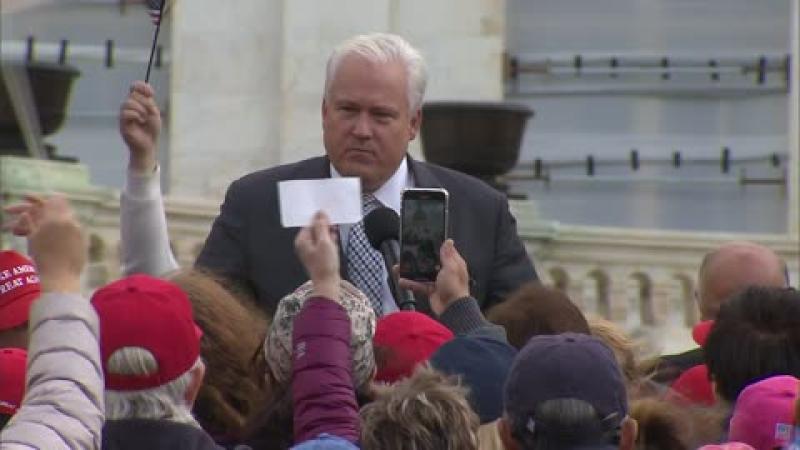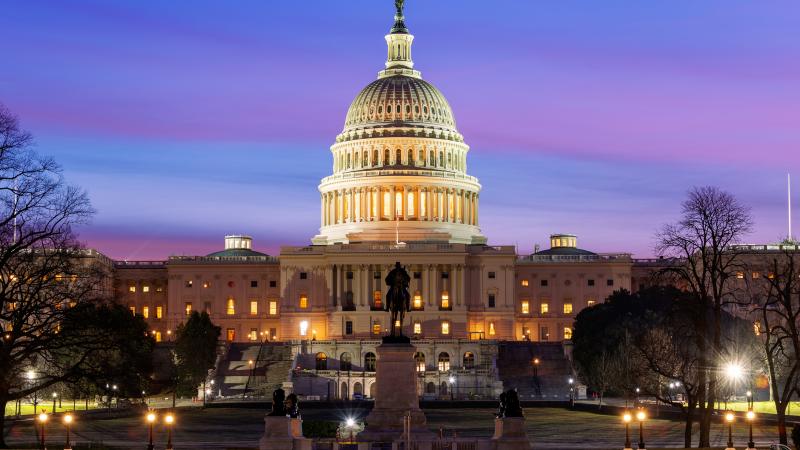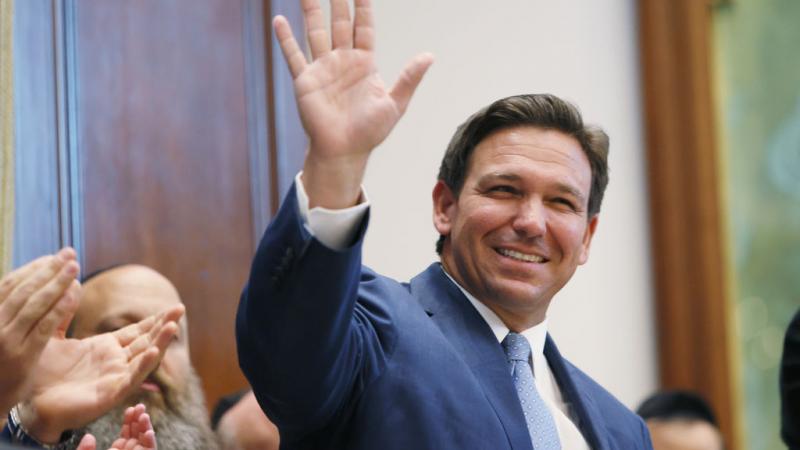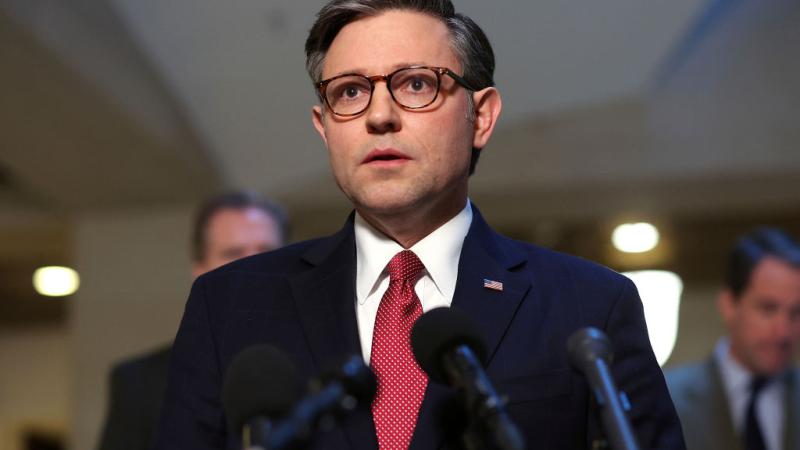Cruz to object to Arizona's Electoral College results on Wednesday
Texas Republican says Congress should appoint Electoral Commission "to conduct an emergency 10-day audit."
Republican Sen. Ted Cruz of Texas says he will object to Arizona's Electoral College results in a joint session of Congress on Wednesday to verify the Electoral College vote that deemed Joe Biden the winner of the 2020 election.
"Cruz's planned challenge, confirmed to The Hill by a source familiar, is expected to be backed by several of the 10 GOP senators who signed on to a plan vowing to support objections to the election results," The Hill reported. "Because Congress votes on Electoral College results alphabetically by state, Cruz's objection is expected to be one of the first and, according to the source, will focus on his request for a commission to review the presidential election rather than arguing for setting aside the state's election results."
Congressional rules require that in order to file an objection, one member of both the House and the Senate must declare their intentions to do so. Cruz on Saturday released a joint statement with 10 other GOP lawmakers announcing that they "intend to vote on January 6 to reject the electors from disputed states as not 'regularly given' and 'lawfully certified' (the statutory requisite), unless and until [a] emergency 10-day audit is completed."
"Congress should immediately appoint an Electoral Commission, with full investigatory and fact-finding authority, to conduct an emergency 10-day audit of the election returns in the disputed states," the senators said in their joint statement. "Once completed, individual states would evaluate the Commission's findings and could convene a special legislative session to certify a change in their vote, if needed."
Meanwhile, two Republican members of the U.S. House of Representatives told CNN last week they expect at least 140 of their colleagues to vote against counting the Electoral Votes showing Biden won.
Cruz's decision to object to the tally in Arizona makes it the third state to which GOP lawmakers will object.
Sen. Josh Hawley (R-Mo.) has vowed to object to the results in Pennsylvania, and "a separate source also told The Hill on Monday that Sen. Kelly Loeffler (R-Ga.) is likely to challenge Georgia, a traditionally red state where Biden defeated Trump," the Hill reported.
Under the rules, if both a House member and a senator object to a state's election results, lawmakers then go to their respective chambers and debate the objection for no more than two hours. To uphold an objection, the chamber needs a majority vote — which means the House, controlled by Democrats, will most likely shoot down any challenge.
But the efforts are also expected to fail in the Senate, where the GOP holds a slim margin but several Republicans have already stated they will oppose the moves.
While Democrats have decried Republicans for planning to object to the 2020 election, they did so in 2001, 2005 and 2017, after the last three Republican candidates were deemed by the Electoral College to have won the White House.
In a joint session of Congress in January 2001, Rep. Alcee Hastings objected to the Electoral College votes from Florida, which that year gave then-Texas Gov. George W. Bush the needed votes to reach the magic 270 number.
"The objection is in writing, signed by a number of members of the House of Representatives, but not by a member of the Senate," Alcee said.
Then, Rep. Maxine Water (D-Calif.) said, "The objection is in writing, and I do not care that it is not signed by a member of the Senate."
But 2000 election loser Al Gore — who presided over the joint session as vice president — shot Waters down, saying, "The chair will advise that the rules do care."
Things were different in 2005, after Bush won reelection over John Kerry. That time, Rep. Stephanie Tubbs Jones (D-Ohio) and Sen. Barbara Boxer (D-Calif.) joined to challenge Bush's victory in Ohio claiming alleged voter irregularities.
"The objection today is raised," Jones said, "because there are irregularities across this country with regard to voting. And we as a Congress have an obligation to step up to the plate and correct them."
Said Michigan Rep. John Dingell: "First of all we are here because not a single election official in Ohio has given us any explanation for the massive and widespread irregularity in the state, no explanation for the machines in Mahoning County, that recorded Kerry votes for Bush."
Much the same thing happened in 2017, after Donald Trump defeated Hillary Clinton. Then-Vice President Biden oversaw the certification of the Electoral College votes. While some House Democrats challenged the electoral tally, no senator joined their objection.
When Rep. Pramila Jayapal (D-Wash.) objected to one state's electoral slate, Biden told her flatly: "It is over."















